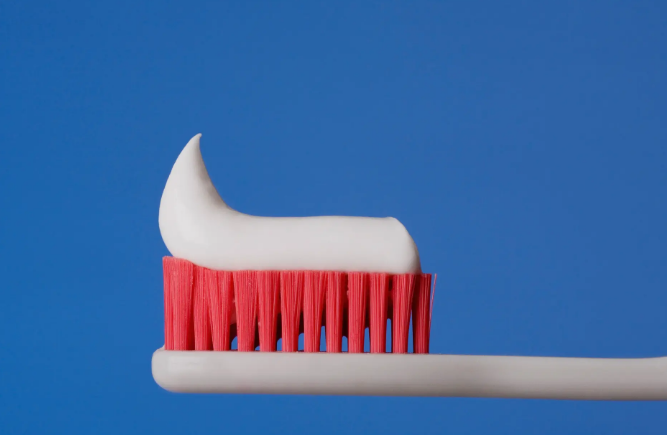Fluoride in public water supplies has become a contentious political issue in the United States, with several states and localities moving to ban or restrict its use amid growing concerns over health risks. Florida recently announced plans to end water fluoridation by July 1, 2025, joining places like Miami-Dade County, Peshtigo, Wisconsin, and the entire state of Utah, which have already passed restrictions.
The controversy has gained momentum following Health Secretary Robert F. Kennedy Jr.’s outspoken criticism of fluoride, which he claims is linked to lower IQ scores in children. While some studies suggest fluoride may affect IQ only at very high exposures, this has not stopped the pushback against fluoridation. The US Food and Drug Administration (FDA) recently took steps to remove fluoride supplements prescribed to children from the market, and the Environmental Protection Agency (EPA) is conducting a health risk study on fluoride. Additionally, Kennedy has indicated that the Centers for Disease Control and Prevention (CDC) might cease recommending water fluoridation.
This shift contrasts with the stance of most dentists and pediatricians, who consider fluoride safe in small doses and view its inclusion in water since 1945 as a key factor in reducing tooth decay. Dental decay remains a significant problem, with about one in four children experiencing cavities by kindergarten, especially those from lower-income families.
Dr. Mike Simpson, a Republican congressman and former dentist, emphasized fluoride’s benefits during a recent congressional hearing, warning that banning fluoride could increase dental problems and the demand for dental services. “If you are successful in banning fluoride…we better put a lot more money into dental education, because we’re going to need a whole lot more dentists,” Simpson said.
Fluoride’s role is particularly important in childhood when teeth are developing. According to Dr. Erica Caffrey from the University of Maryland School of Dentistry, fluoride helps strengthen teeth passively through fluoridated water, reducing cavities and preventing costly dental treatments later in life.
Experts also stress the importance of good diet and hygiene to reduce cavities. Excessive sugar and refined carbohydrates feed mouth bacteria that cause tooth decay. Limiting sugary drinks and practicing regular brushing and flossing remain vital, especially in communities without fluoridated water.
In areas where water fluoridation is halted, dentists may recommend fluoride supplements or topical treatments such as fluoride varnishes, which have been shown to reduce cavities by around 40%. Fluoridated toothpaste, used twice daily, remains a critical preventive tool.
While there is concern about excessive fluoride intake, leading to conditions like fluorosis, experts say this is uncommon and can be managed with professional guidance.
As the debate continues, parents and communities will need to weigh the benefits and risks of fluoride, exploring alternative ways to protect dental health amid shifting policies nationwide.









































